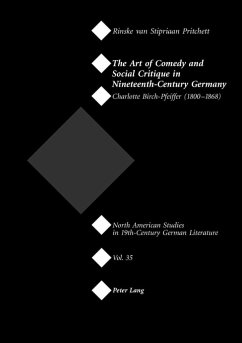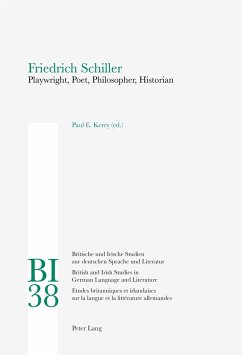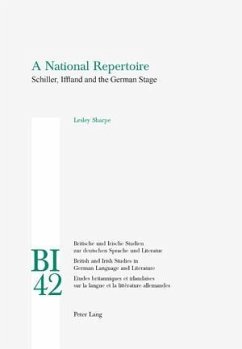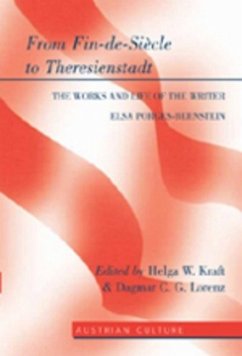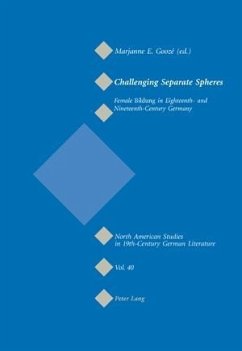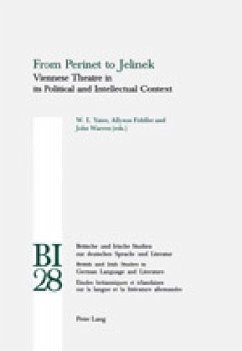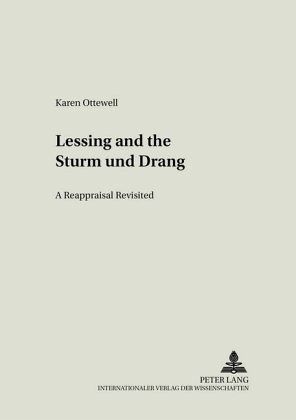
Lessing and the 'Sturm und Drang'
A Reappraisal Revisited
Herausgegeben: Kaiser, Herbert
Versandkostenfrei!
Versandfertig in 6-10 Tagen
71,95 €
inkl. MwSt.

PAYBACK Punkte
0 °P sammeln!
Despite the benevolent intellectual climate of the 1960s in Germany which had witnessed a reappraisal of earlier attitudes towards the eighteenth century in general, and towards the Aufklärung in particular, relatively little has since been done to pursue this stimulus to its logical conclusion - or to a discussion of possible conclusions. By looking beyond artificial literary classifications at the historical data and by accumulating detailed empirical evidence this study seeks to reappraise this situation, firstly by establishing a case which overcomes the traditional antithesis of Aufklär...
Despite the benevolent intellectual climate of the 1960s in Germany which had witnessed a reappraisal of earlier attitudes towards the eighteenth century in general, and towards the Aufklärung in particular, relatively little has since been done to pursue this stimulus to its logical conclusion - or to a discussion of possible conclusions. By looking beyond artificial literary classifications at the historical data and by accumulating detailed empirical evidence this study seeks to reappraise this situation, firstly by establishing a case which overcomes the traditional antithesis of Aufklärung and Sturm und Drang , and secondly by presenting a clear picture of the degree and nature of Lessing's influence on German dramatists from Herder to Schiller.



